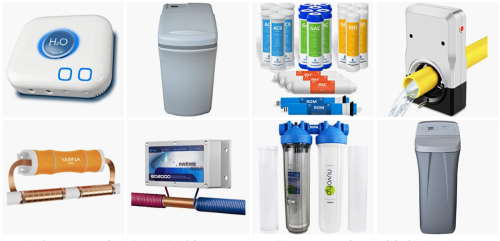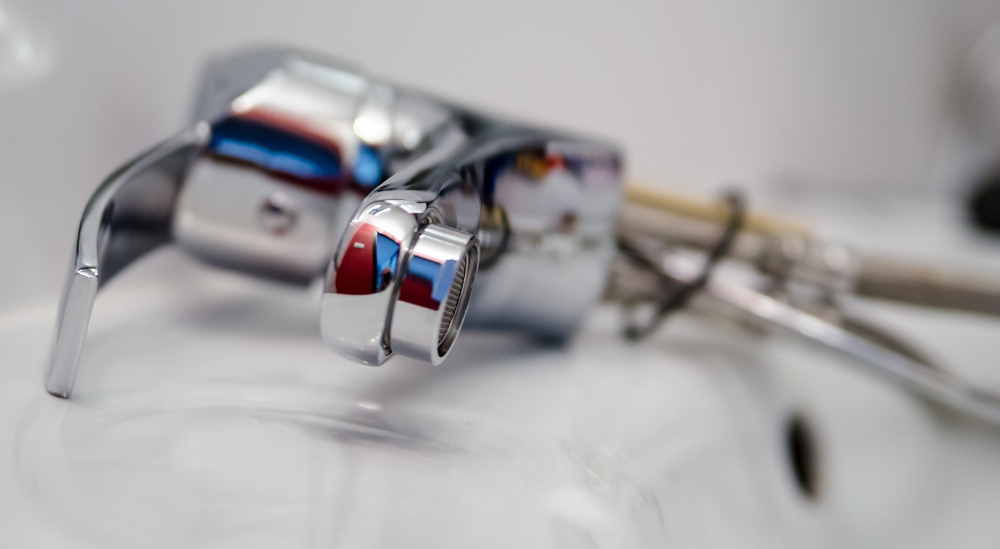Hard water is water that contains high levels of dissolved minerals, such as calcium and magnesium. These minerals can cause a variety of problems, such as scaling on pipes and fixtures, decreased effectiveness of soaps, and a metallic taste in the water.
Hard water is a common problem that can cause a variety of issues. It can cause a buildup of limescale on fixtures, appliances, and pipes, clog pipes, reduce the efficiency of water-using appliances, and create a film on dishes and clothing after being washed.
Hard water can also make soap and shampoo less effective, leaving a residue on the skin. To solve hard water problems, a water softener should be installed. This device works by exchanging calcium and magnesium ions found in hard water with sodium ions, which makes the water soft and free of the minerals that cause it to be hard.
Is It Harmful?
In most cases, hard water is not harmful to health. However, it can cause problems with appliances and fixtures, such as clogged pipes, decreased effectiveness of soaps, and scale buildup on fixtures. In some cases, high levels of minerals in the water can cause health concerns, such as an increased risk of kidney stones.
Does It Harm Electronic Devices?
Yes, hard water can cause damage to electronic devices, such as computers, phones, and appliances. Hard water can leave deposits on sensitive electronics, which can corrode the components and cause malfunctions.
Hard water can cause problems with washing machines. Minerals can build up on the internal components of the machine, leading to decreased efficiency and higher energy consumption. In addition, hard water can make it more difficult to remove soap residue from clothing, resulting in stiffer, dingier laundry.
Furthermore, hard water can cause build-up on faucets, leading to a decrease in water flow and clogs. In addition, the minerals in hard water can corrode the components of faucets, leading to leaks and other problems.
How To Soften Hard Water?
The most common way to soften hard water is to use a water softener. A water softener works by exchanging calcium and magnesium ions for sodium ions. This reduces the amount of minerals in the water, making it easier to use for cleaning, laundry, and other tasks.


A water softener should be installed by a professional plumber. Once it is installed, it will need to be maintained regularly, such as by adding salt to the softener tank. The water softener should also be checked regularly to ensure it is functioning properly.
A water softener can be used in conjunction with a water filter. The filter will remove impurities from the water, while the softener will reduce the amount of minerals in the water. This combination can provide clean, soft water for a variety of uses.
Is It Safe To Drink Softened Water?
Yes, softened water is safe to drink. A water softener will not add any harmful chemicals to the water, and the sodium ions used to exchange the calcium and magnesium ions are not harmful in small amounts.
Conclusion
In conclusion, hard water is water that contains high levels of minerals, such as calcium and magnesium. It can cause a variety of problems, such as decreased effectiveness of soaps, scale build-up on fixtures, and corrosion of electronic devices. The most common way to soften hard water is to use a water softener, which exchanges calcium and magnesium ions for sodium ions. Softened water is safe to drink, and can be used in conjunction with a water filter for clean, soft water.
